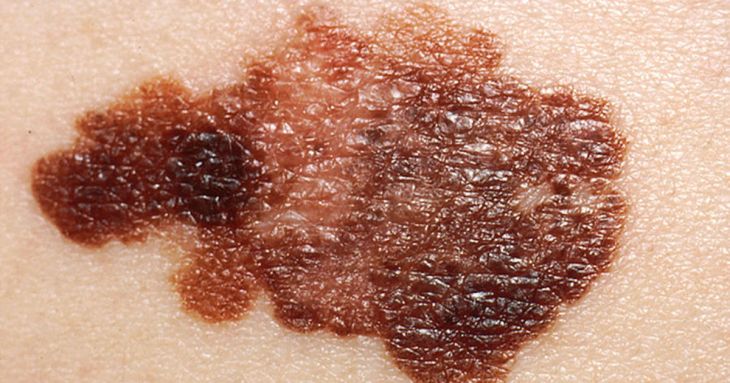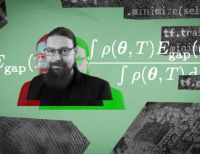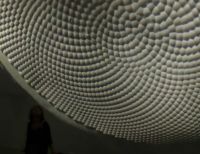Researchers from the University of Helsinki, HUS Comprehensive Cancer Center, Aalto University and Stanford University have developed an artificial intelligence model that predicts which skin cancer patients will benefit from a treatment that activates the immune defence system. In practice, the AI model makes it possible to diagnose skin cancer with a blood test, determine the prognosis and target therapies increasingly accurately.
The skin cancer–related study was published in the esteemed Nature Communications journal.
The right medication for the right patient
Boosting the body’s own defence system has proven to be a particularly effective therapy for skin cancer. The problem with therapies that activate the immune system are the differences between patient groups: while some patients can be said to be cured, others gain no benefit from the treatment at all.
“Prior research has been unable to provide doctors with tools that would predict who will benefit from treatment that activates the defence system. The correct targeting of therapies is extremely important, since drug therapies are expensive and serious adverse effects fairly common,” says doctor and Doctoral Researcher Jani Huuhtanen from the University of Helsinki and Aalto University.
A complex AI model for a straightforward question
The international research group hypothesised that the immune cells of patients for whom the therapy was ineffective do not recognise skin cancer as an enemy, which is why the patients do not benefit from the treatment.
Using the AI model, the group analysed samples from nearly 500 skin cancer patients and compared them with the samples of almost 1,000 healthy individuals. To aid interpretation, the researchers used another AI model developed by Mark M. Davis lab in Stanford University. From these samples, the researchers simply calculated the number of immune cells that recognised skin cancer.
As expected, more skin cancer–sensing defensive cells were found in patients with melanoma than in healthy patients.
“This finding may in the future make it possible to identify skin cancer from a blood sample,” says Professor of Translational Haematology Satu Mustjoki from the University of Helsinki.
In addition, skin cancer patients who had more defensive cells that recognised skin cancer were more likely to benefit from therapies that activate the immune system than those lacking such cells.
Focusing the AI model on other cancer types
The use of AI models in medicine has grown exponentially, but applying them in patient care requires long-term collaboration between doctors and researchers specialising in artificial intelligence.
“In future studies, our aim is to explore the utilisation of the AI model now developed and investigate whether it can predict treatment responses also for novel cancer drug therapies still in development,” says Associate Professor of Computational Biology and Machine Learning Harri Lähdesmäki from Aalto University.
“Our AI model is agile and adaptable, making it possible to calculate the number of cancer-sensing defensive cells also in the case of other cancers, including breast cancer, lung cancer and blood cancers,” Jani Huuhtanen adds.
“All of our research is based on open-source software, which makes our AI model available to other researchers and doctors, also enabling its further development,” says Huuhtanen.
The study received funding from the European Research Council, Academy of Finland, Cancer Foundation Finland, the Sigrid Jusélius Foundation and the Gyllenberg Foundation. The study was carried out under the iCAN Digital Precision Cancer Medicine flagship platform funded by the Academy of Finland.
Original article
Huuhtanen, J., Chen, L., Jokinen, E. et al. Evolution and modulation of antigen-specific T cell responses in melanoma patients. Nat Commun 13, 5988 (2022). DOI: 10.1038/s41467-022-33720-z.
https://doi.org/10.1038/s41467-022-33720-z
Further information
Jani Huuhtanen, LicMed, Doctoral Researcher, University of Helsinki and Aalto University
+358 50 4350 191
[email protected]
Twitter: @jhuuhtan
Satu Mustjoki, Professor and Head of Department, University of Helsinki and HUS Helsinki University Hospital
Director, Translational Immunology Research Program
[email protected]
Twitter: @hruh_research
Read more about an earlier version of the AI model, which the research group used to determine which white blood cells in the immune defence system are able to identify SARS-CoV-2
https://www.helsinki.fi/en/news/healthier-world/artificial-intelligence-model-developed-finnish-researchers-predicts-which-key-immune-system-opens-locks-coronavirus.
Read more about research in the field on the website of the Hematology Research Unit Helsinki.







